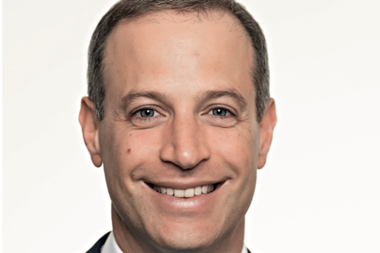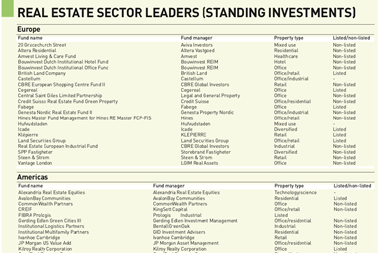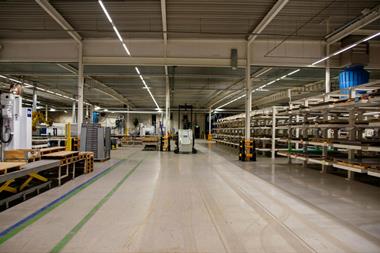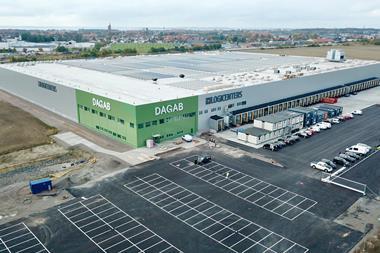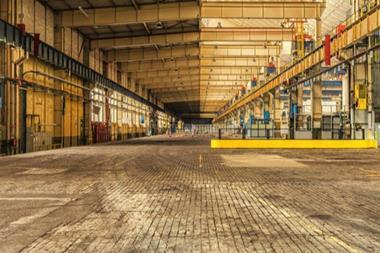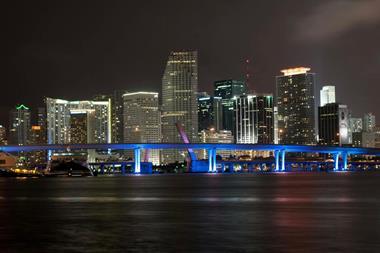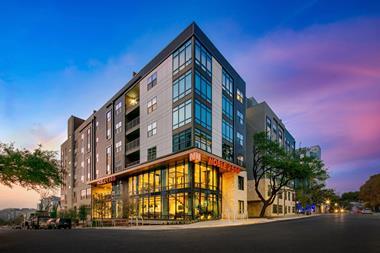GRESB’s global real estate and infrastructure sustainability benchmarks have risen to cover $8.6trn (€8.8trn) worth of assets worldwide.
“Looking at this year’s benchmark, the industry’s embrace of ESG continues to be reflected in our strong participation numbers and increased data coverage, signalling that real assets investors and managers alike remain steadfast in their commitment to sustainability,” said Sebastien Roussotte, GRESB’s CEO.
The number of entities participating in the GRESB’s 2022 Real Estate Benchmark peaked at 1,820 covering $6.9trn of gross asset value (GAV) compared with last year’s 1,520 participating entities and $5.7trn GAV.
GRESB said significant growth was focused in the Americas (30%) and Europe (16%).
Slight reductions in performance improvement scores were noted in energy, GHG emissions, water and waste reductions, as a result of real estate portfolios returning to a pre-COVID-19 state of operations.
“Globally, the real estate benchmark grew by 20% in 2022, representing 1,820 listed and non-listed portfolios across 74 countries and accounting for approximately $6.9trn of GAV,” said Roussotte.
“We are proud to see the real estate industry deepen its commitment to ESG transparency and sustainability and lead the way in creating a more sustainable future for all.”
Participation in the GRESB Infrastructure Asset Assessment recorded a 17% uplift to include 652 assets and the GRESB Infrastructure Fund Assessment recorded an 11% growth to cover 166 funds across 70 countries.
In terms of scoring, EMEA remains the best-performing region in 2022 for both infrastructure assets and funds. In terms of sector growth, asset participation growth was led by data infrastructure with a 35% increase.
With regard to sector allocation, renewable power, representing now 23% of the benchmark with more than 150 assets, and transportation, representing now 27% of the benchmark with more than 180 assets, have the highest presence in the benchmark.
The best-performing sector in 2022 is network utilities with an average GRESB score of 85; Social infrastructure emerged as the most improved sector with a 19% GRESB score increase.
“Participation in the infrastructure benchmark continues to grow, with 2022 seeing the GAV reporting to GRESB more than double to $1.7trn since 2019,” said Roussotte.
“We are proud to see the infrastructure industry double down on its commitment to ESG transparency and sustainability and achieving new important milestones with every passing year,” the CEO added
GRESB data is now used by 170 institutional and financial investors with more than $51trn in assets under management.
To read the latest edition of the latest IPE Real Assets magazine click here.






